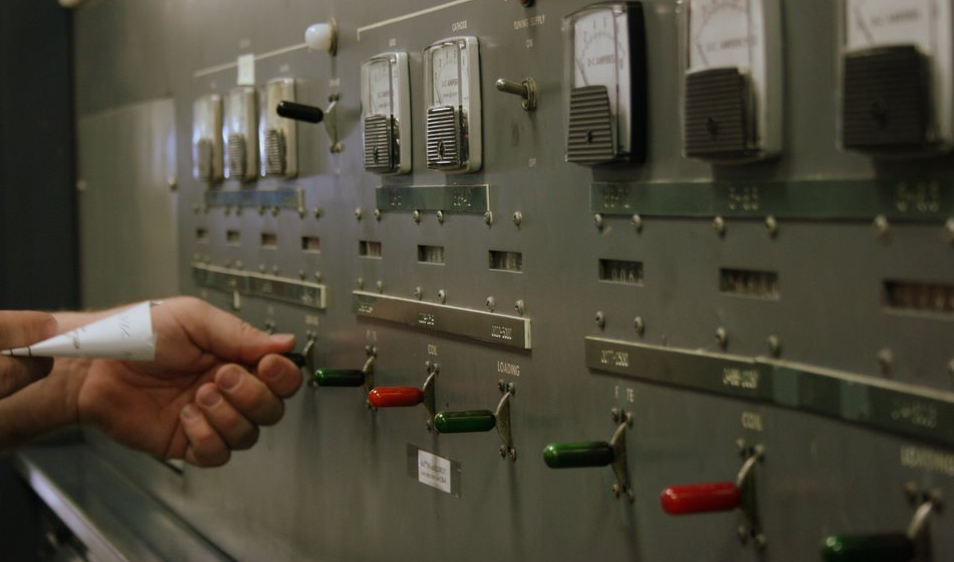Radio 4VEH, Haiti: circa 1970s
/Many thanks to Shortwave Radio Audio Archive contributor, Dan Robinson, who submits this short recording of Radio Radio 4VEH in Haiti.
Dan comments:
Another shortwave memory for DX'ers was 4VEH, in Haiti, which began in 1950. This station transmitted on a variety of SW frequencies, including one many of us heard, 15.280 which had a power of only 350 watts. This recording of the station includes a classic ID: "Radio 4VEH, the sound of light." The history of shortwave broadcasting from Haiti is quite interesting and can be obtained through an Internet search.
[Indeed, here is a brief timeline of 4VEH.]
Click here to download this recording as an MP3, or simply listen via the embedded player below:
























